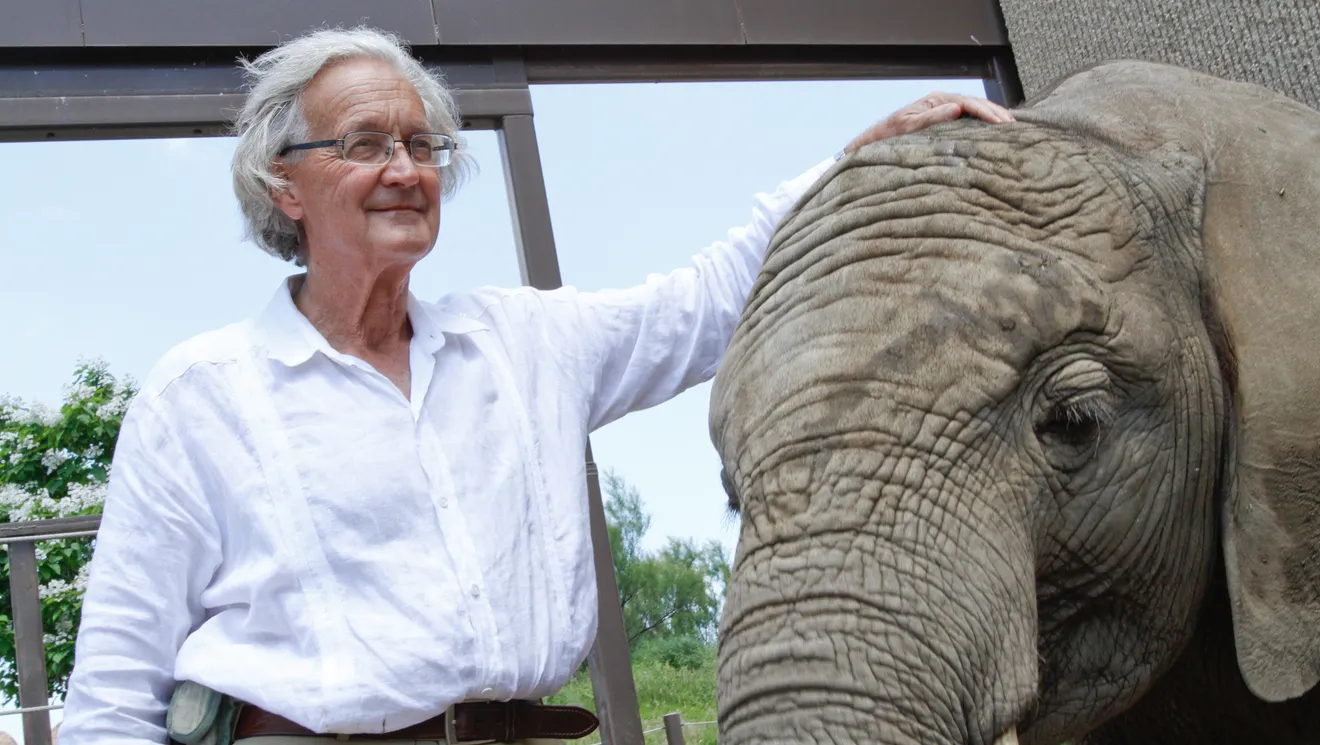The Indianapolis Prize recognizes an animal conservationist who has advanced the sustainability of an animal species or group of species.
The Indianapolis Zoological Society established the prize in 2006 (see ). It combines a significant financial award with recognition of programs that build emotional and intellectual support for conservation efforts.

Granted biennially, this award was established to bring the world’s attention to the cause of animal conservation and the men and women who spend their lives saving the Earth’s endangered animal species. The Eli Lilly and Company Foundation provides funding for the Prize. Known as the “Nobel Prize” for animal conservation, it carries a $250,000 monetary award. Only a few environmental conservation awards come close to awarding the same amount, including the J. Paul Getty Award for Conservation Leadership ($200,000), the Goldman Environmental Prize ($200,000), the Tyler Prize for Environmental Achievement ($200,000), and the Zayed International Prize for the Environment ($200,000), and none of these focus on animal conservation. The Indianapolis Prize winner also receives the Lilly Medal, and five finalists are awarded $10,000 each.
One of many ways in which the Indianapolis Zoological Society, Inc. advances animal conservation, locally and globally, the Prize draws attention to its dedication to making a difference in the natural world. Since its inception, the Prize has brought conservation into the public conversation. Special events connect world-renowned conservationists with influential individuals, emerging leaders, prospective scientists, and youth.
Since 2006, the conservationists who have been awarded the Prize include: George W. Archibald, for the study of Cranes, International Crane Foundation (2006); George B. Schaller, for the study of multiple species, Wildlife Conservation Society (2008); Ian Douglas-Hamilton, for the study of elephants, Save the Elephants (2010); Steven Amstrup, for the study of polar bears, Polar Bears International (2012); Patricia Wright, for the study of lemurs, Centre ValBio (2014); Carl Jones, for the study of multiple bird species, Durrell Wildlife Conservation Trust (2016); Russell A. Mittermeier, for the study of primates, turtles, tortoises, and biodiversity hotspots, Global Wildlife Conservation (2018); and Amanda Vincent, for the study of seahorses, Project Seahorse (2020). In addition, more than 150 nominees have shared their journeys—protecting animals large and small, discovering new species, and bringing populations back from the very brink of extinction.
During the Indianapolis Prize Gala presented by , the winner and finalists are honored for their selfless dedication, scientific expertise, and lasting success, while an influential celebrity is honored for achievements and advocacy as a public voice on behalf of species conservation with the Jane Alexander Global Wildlife Ambassador Award.

Help improve this entry
Contribute information, offer corrections, suggest images.
You can also recommend new entries related to this topic.